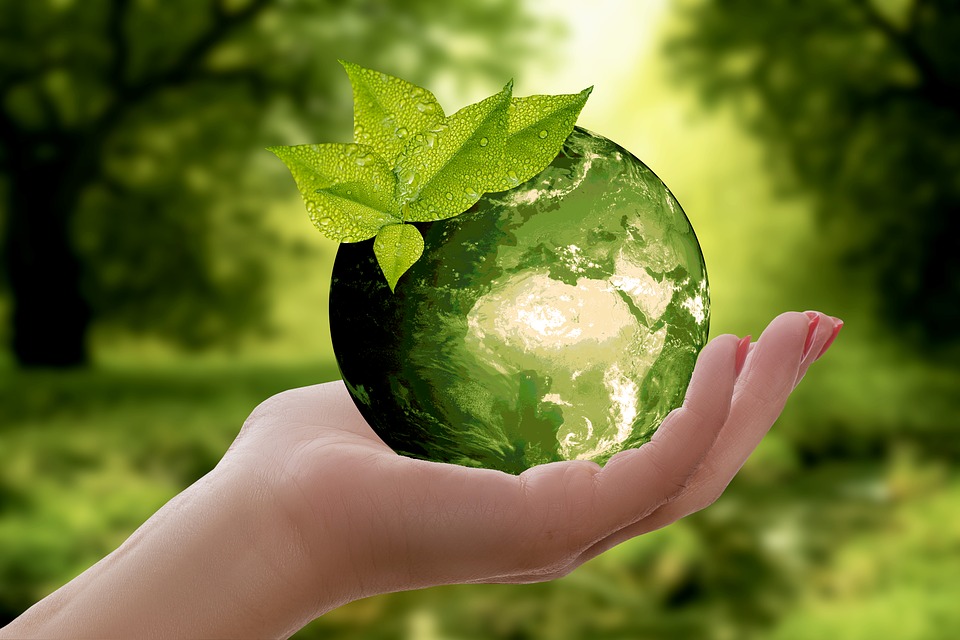Canada’s Most Popular Recycling Mistakes revealed!
 Even though Canadian households may have the best of intentions in mind when setting up recycling, there can be some pretty sizeable mistakes that many of us don’t even think about.
Even though Canadian households may have the best of intentions in mind when setting up recycling, there can be some pretty sizeable mistakes that many of us don’t even think about.
Cross-contamination and similar mistakes end up costing Canadians hundreds of thousands of dollars every year. According to recent survey data, these are some of the most popular recycling mistakes made by Canadians every year.
Among the more evident recycling mistakes made by Canadian households is approximately 45 percent who do not rinse out bottles and similar containers prior to entering them into recycling. Let’s take a glass salsa jar as an example. Ideally, one wants to rinse out the salsa as best as they can before tossing it in. That way, they do not risk contaminating other bottles, glass containers, or recycling. When jars, bottles, and similar items are thrown in unwashed, it creates more work in the recycling pipeline where there does not need to be.
The next three mistakes on our list is something that is slowly being corrected thankfully. More than 25 percent of Canadians believe that it is possible to recycle greasy pizza boxes, coffee cups, and plastic bags. Though it technically depends upon the region you are located in, overall, neither of these three are recyclable items. Normally, a cardboard box would be able to be recycled however once they are covered in grease, it is no longer possible. In many cases, coffee cups are non-recyclable as well, though some others may be. Then, there are plastic bags. The reason why so many regions are banning the use of plastic bags is because this category of plastic is non-recyclable. Thus, these three items make up the most popular items that Canadians attempt to recycle that should not be included in their haul.
Approximately 70 percent of Canadians who are unsure about whether a product can be recycled or not will choose not to look it up, instead guessing as to whether it is pure garage or recycling. The lack of education to new and existing Canadian households on what is recyclable in their communities and what is not is a communication breakdown that Canada may not be able to afford much longer. This problem is something that needs to be tackled in the years to come by households, commercial enterprises, and governments. The resources to look up a material’s potential for recycling is highly recommended.
Among some of the other items that Canadians think are recyclable but that, in fact, are not include shiny or metallic wrapping paper, glass that is not a jar or bottle such as window glass, straws, soft plastic packaging, metallic packaging, and photo paper.
Among the items that are recyclable however that many Canadians may not be aware of include kitchen foil and foil trays, empty deodorant aerosols, empty surface cleaner bottles, metal lids, and empty bleach bottles.
There is a lot that the waste management and recycling industry needs to be address in order to collectively increase the recycling performance potential of Canada. Manufacturers of plastic products in particular should be actively engaged in recycling practices and environmentally-friendly design. Canada’s most popular recycling mistakes revealed in this article comes down to educational processes not in place and a lack of willingness on government to move. Waste management and recycling companies continue to do much of the heavy lifting in terms of repurposing product and finding reuse from countless materials.


